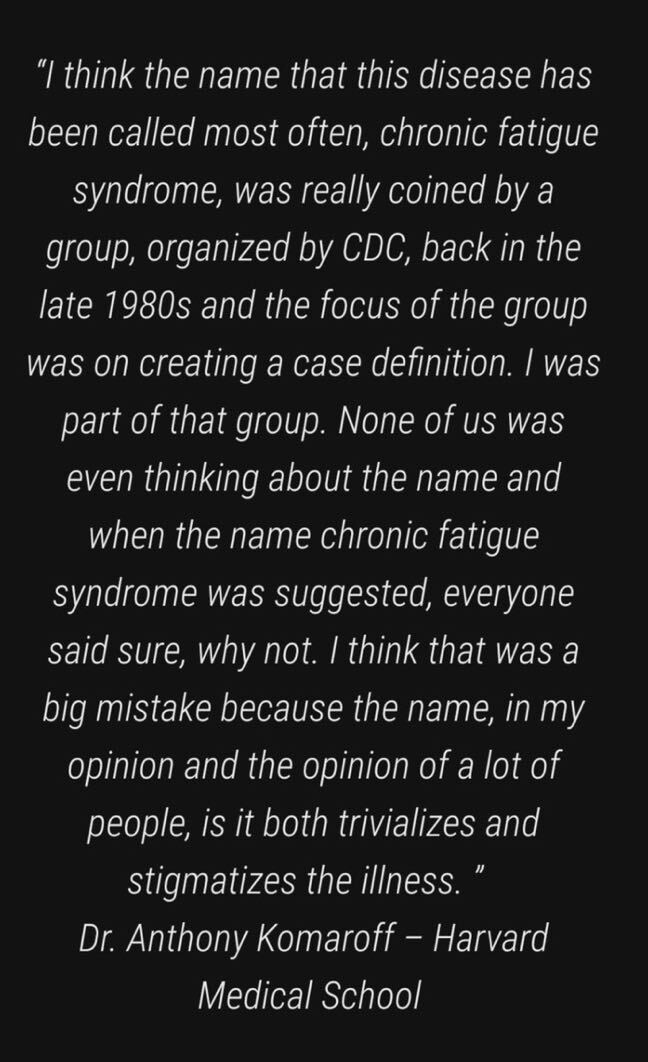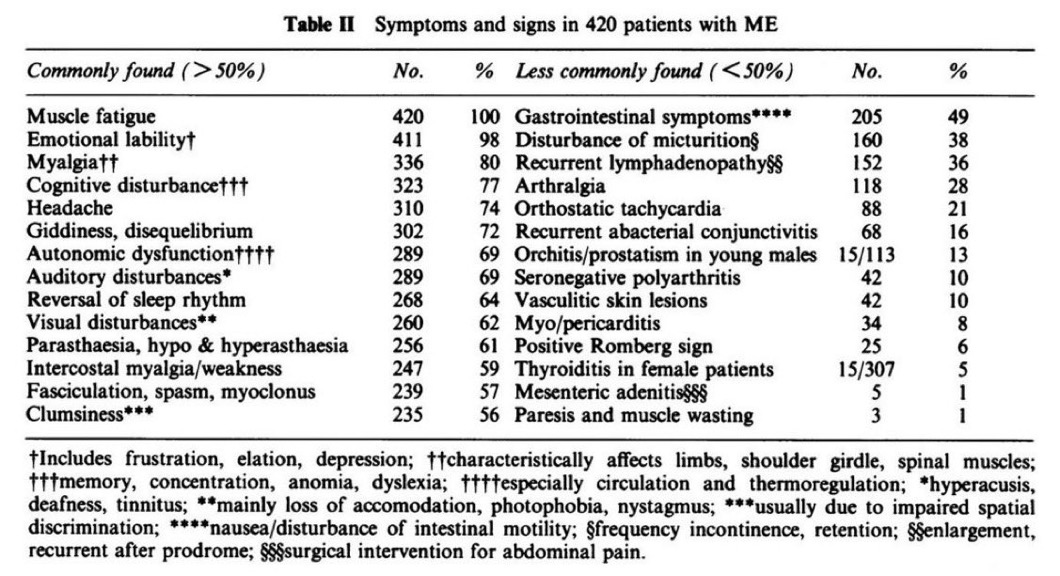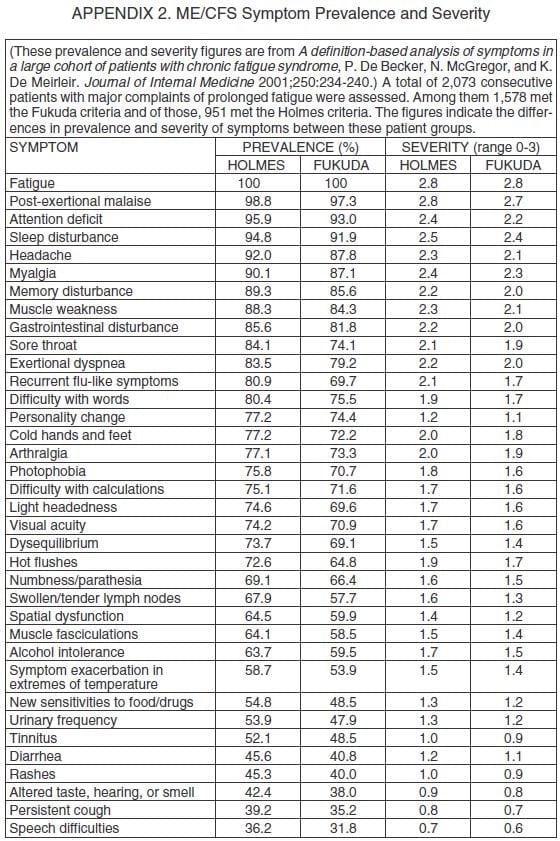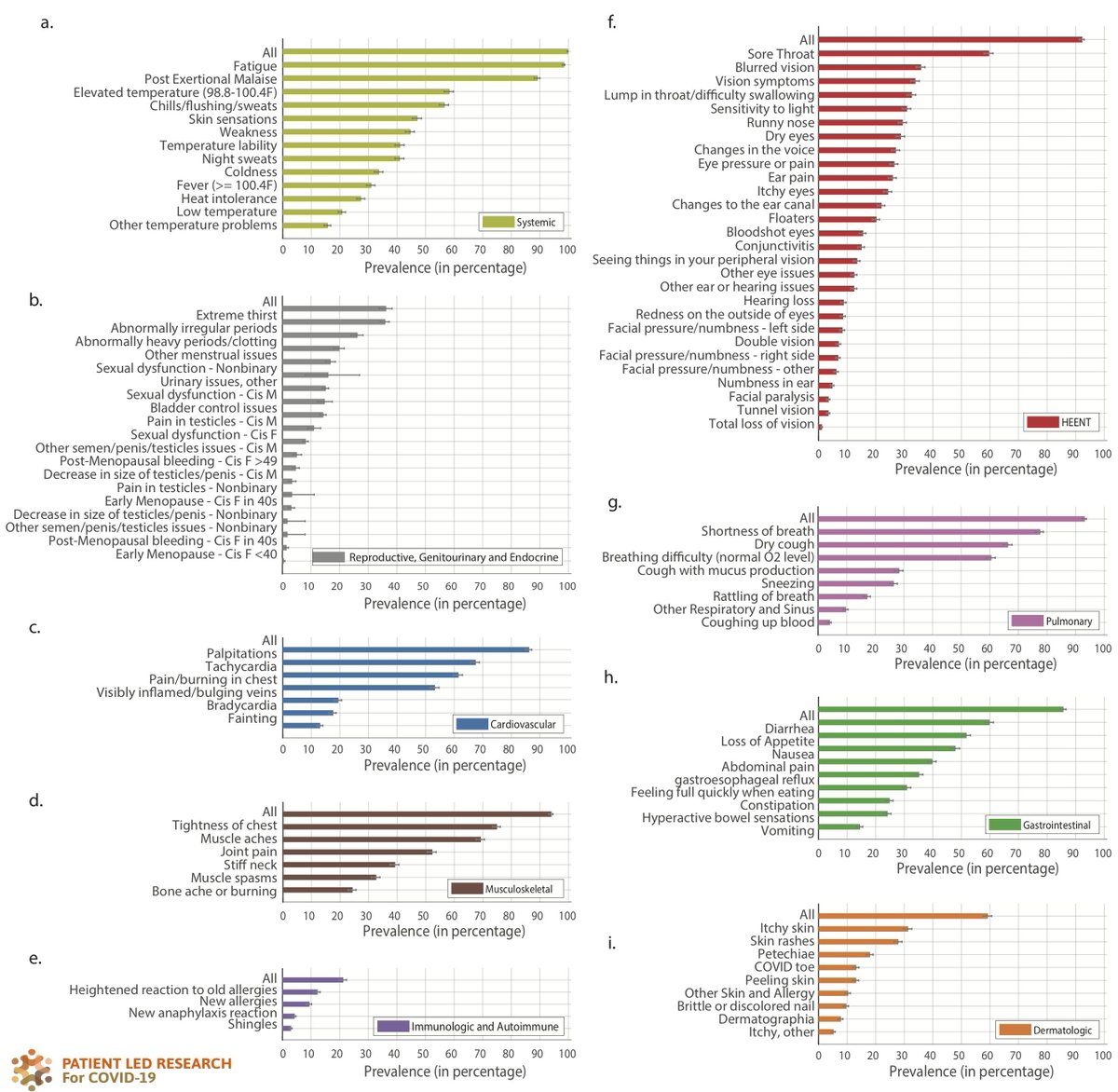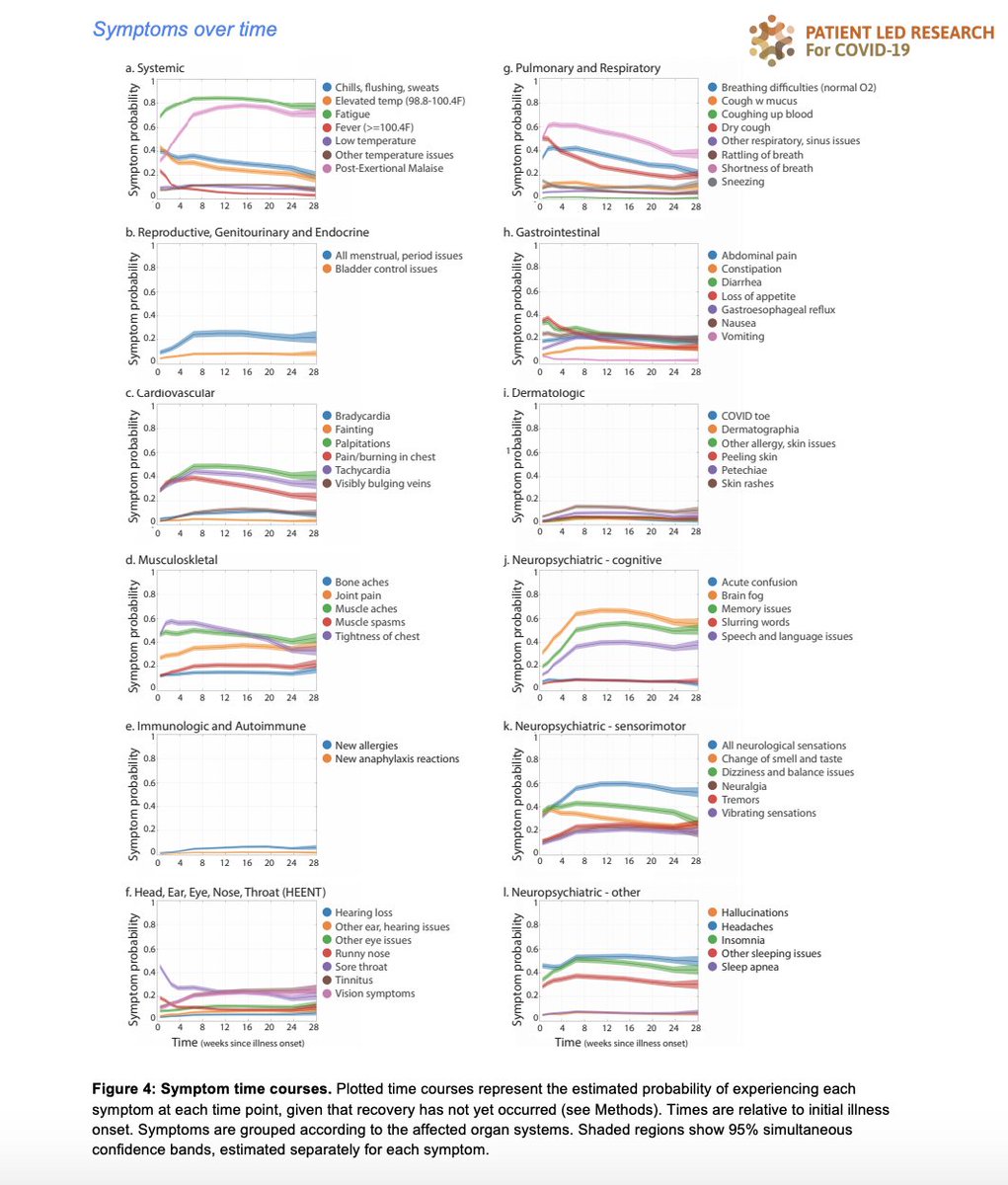
This is an interesting #LongCOVID theory - that there is persistent brainstem dysfunction (likely in tangent with other immune issues like immune dysregulation, reactivation of other viruses, onset of autoimmune conditions).
A thread including some new & important papers: 1/
A thread including some new & important papers: 1/
"Persistent Brainstem Dysfunction in #LongCOVID: A Hypothesis." Would be very curious to hear researchers' thoughts on this one! 2/
pubs.acs.org/doi/10.1021/ac…
pubs.acs.org/doi/10.1021/ac…
Hypometabolism found in brain PET scans in #LongCOVID patients! link.springer.com/article/10.100…
Results: a decrease in brain activity in:
-olfactory bulb
-limbic regions: memory/emotion regulation
-brainstem: autonomic functions (breathing/sleeping)
-cerebellum: motor skills/balance 3/
Results: a decrease in brain activity in:
-olfactory bulb
-limbic regions: memory/emotion regulation
-brainstem: autonomic functions (breathing/sleeping)
-cerebellum: motor skills/balance 3/
Paraphrasing: this is huge deal & provides objective confirmation for #LongCOVID patients. MRIs are normal, but hypometabolism is found in PET scans w' 100% classification ability to separate patients & controls. Also: symptom severity correlates w' metabolic PET severity 4/
Also find this curious bc some of the top symptoms we found in our #LongCOVID paper include changes to smell & taste, memory issues, cognitive function issues, sleep disorders, sensorimotor symptoms (esp dizziness & vertigo), breathing issues even without pulmonary issues 5/
Here is a layman's version of the #LongCOVID brain hypometabolism study (there's a decent translation in English using the google translate button)
fr.ap-hm.fr/actu/covid-lon… 6/
fr.ap-hm.fr/actu/covid-lon… 6/
Please note that hypoperfusion (low blood flow) can necessarily cause hypometabolism too - makes sense with the vascular issues seen in COVID 7/
https://twitter.com/jenbrea/status/1358258141884895233?s=20
• • •
Missing some Tweet in this thread? You can try to
force a refresh

